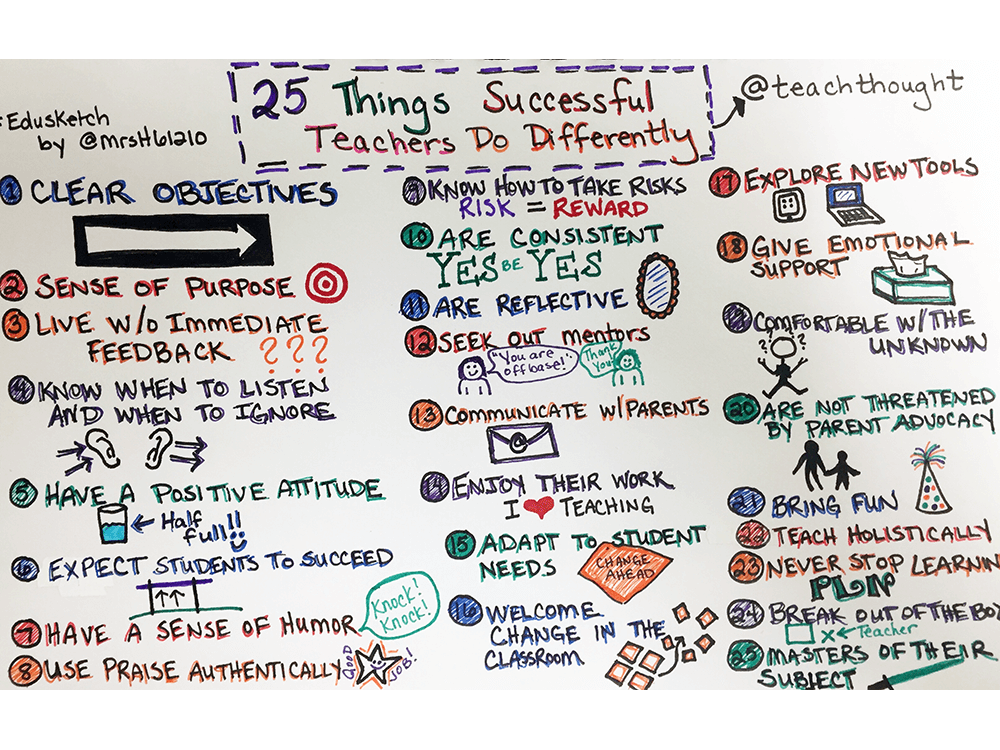The best grade roads for future educators.

The best grade roads for future educators.
Educators are instructors and guides. Educators use their expert knowledge to teach information or skills to students. Educators include a wide variety of experts, those who teach students how to drive professionals who teach programs in community colleges and universities.
Many educators need a title to qualify to teach. You may not need a title if you are teaching recreational community classes or gives students music lessons. Even so, most instructors benefit from formal training to equip them with the skills necessary to share information effectively. Although its specific grade route may vary according to WHO or what you plan to teach, reviewing standard grade options for teachers can help you identify which grade program is ideal for you.
Greater in a thematic area that plans to teach.
Whether you are teaching Kindergarten or high school students, you will need a bachelor’s degree. Anyone who plans to teach high school students, high school or postsecondary school should consider what topics she wants to teach and specialize in one of those subjects. For example, high schools are more likely to hire mathematics teachers who specialize in mathematics. The specialized training guarantees that you have the necessary knowledge to teach a specific topic in an integral way.
You may have more options when choosing your specialty if you plan to teach primary school students. Unless you expect to teach a specific topic, such as art, physical education or music, it may be eligible for admission to a master’s program in childhood education or primary education with a bachelor’s degree in any discipline of an accredited institution. Some states require teachers to be important in a specific thematic area, such as English or science.
Aspiring teachers can complete a bachelor’s degree and a student teaching program before obtaining their teachers certification. Others can choose to complete a bachelor’s degree in Education. Options include early childhood education, primary education and secondary education. These programs combine studies of discipline of matter with courses on how people learn. They also offer a practical learning experience through practices.
It is possible to look for a career as a preschool teacher with credentials of Associate and Associate Associate (CDA). Individuals interested in working with preschoolers can learn about the development of young children and how to prepare an appropriate curriculum for young children before entering their career field. Although an associate’s degree may be sufficient to enter this professional field, employers can favor applicants with a Bachelor of Arts (BA) or a Bachelor of Science (BS).
Aspiring teachers can choose to obtain a master’s degree after completing their bachelor’s degree. Completing a Master’s degree in Education (M.ED) is an effective way to increase your career opportunities because people with a relevant expertise can become school counselors, directors, instruction coordinators or postsecondary instructors.
After obtaining a bachelor’s degree, aspirant teachers can continue with an appropriate postgraduate degree for the age group and the type of students who plan to teach. Explore the – m.ed. In the Education of First Childhood Merimate, to learn about the Merrimack Master’s Program in early childhood education. This specific graduate program equips students with the skills and knowledge necessary to instruct children in preschool, kindergarten and one and two ratings. Students must earn 36 credits to graduate. The courses include teaching and learning in inclusive classrooms and curriculum, instruction and evaluation in early childhood in social studies and reading arts. Students must also complete a practical to graduate.








